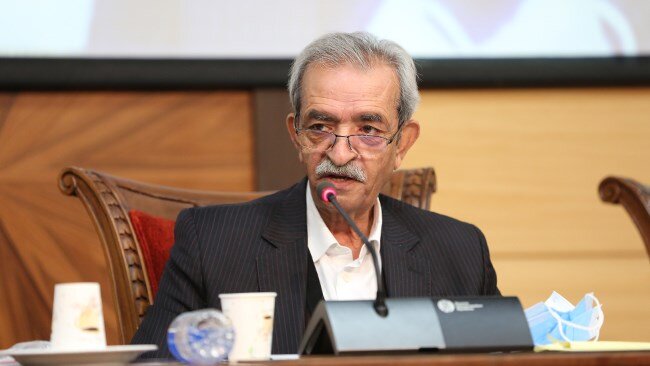ICCIMA criticizes national budget bill for next Iranian year

TEHRAN – Head of Iran Chamber of Commerce, Industries, Mines and Agriculture (ICCIMA) has criticized several aspects of the government’s proposed budget bill for the next Iranian calendar year (begins on March 21), ICCIMA portal reported.
Making the remarks in a meeting of the ICCIMA Board of Representatives on Sunday, Gholam-Hossein Shafeie mentioned some of the aspects of the budget bill which can create serious challenges for the country’s private sector in the coming year.
Lack of collaboration and communication with the private sector in preparing the budget bill was the first issue raised by the ICCIMA head, saying: “First, the private sector has been completely absent from the next year’s budgeting process. Unlike in previous years when the private sector was formally invited to meet with those involved in preparing the budget bill, this year private sector was completely ignored in the process.”
The second issue regarding the mentioned bill was the income structure, especially the imbalance of tax increases for the private sector and state-owned entities. According to the government’s proposed bill for the next year’s budget, the total amount of taxes expected to be collected from the private sector in the next year has increased by 146 percent, while the increase for the government-owned entities is only 83 percent.
This entails that the private sector is expected to shoulder the major part of the government’s tax revenue burden in the coming year, which according to Shafeie will have serious negative impacts on this sector and on the country’s economy in general.
“In addition to this increase in pressure on the private sector [through direct tax increases], we see that in various sections of the budget bill, eliminating existing tax exemptions is also on the agenda, which will intensify the pressure on the private sector even more,” Shafeie said.
Abrupt elimination of tax exemptions, such as export tax exemptions, will lead to widespread changes in the planning of enterprises operating in the private sector and consequently reduces economic predictability, the official added.
Finally, the use of oil and gas resources was another issue that the ICCIMA head pointed out, saying that the government plans to borrow half of the oil and gas resources that should be deposited into the National Development Fund (NDF) in the next year for balancing its incomes and expenditures, while this can reduce the resources accessible to the private sector.
The NDF resources are to be invested in the country’s development projects, especially through private companies; so, the question remains as to whether the use of these resources by the government is justified.
EF/MA
